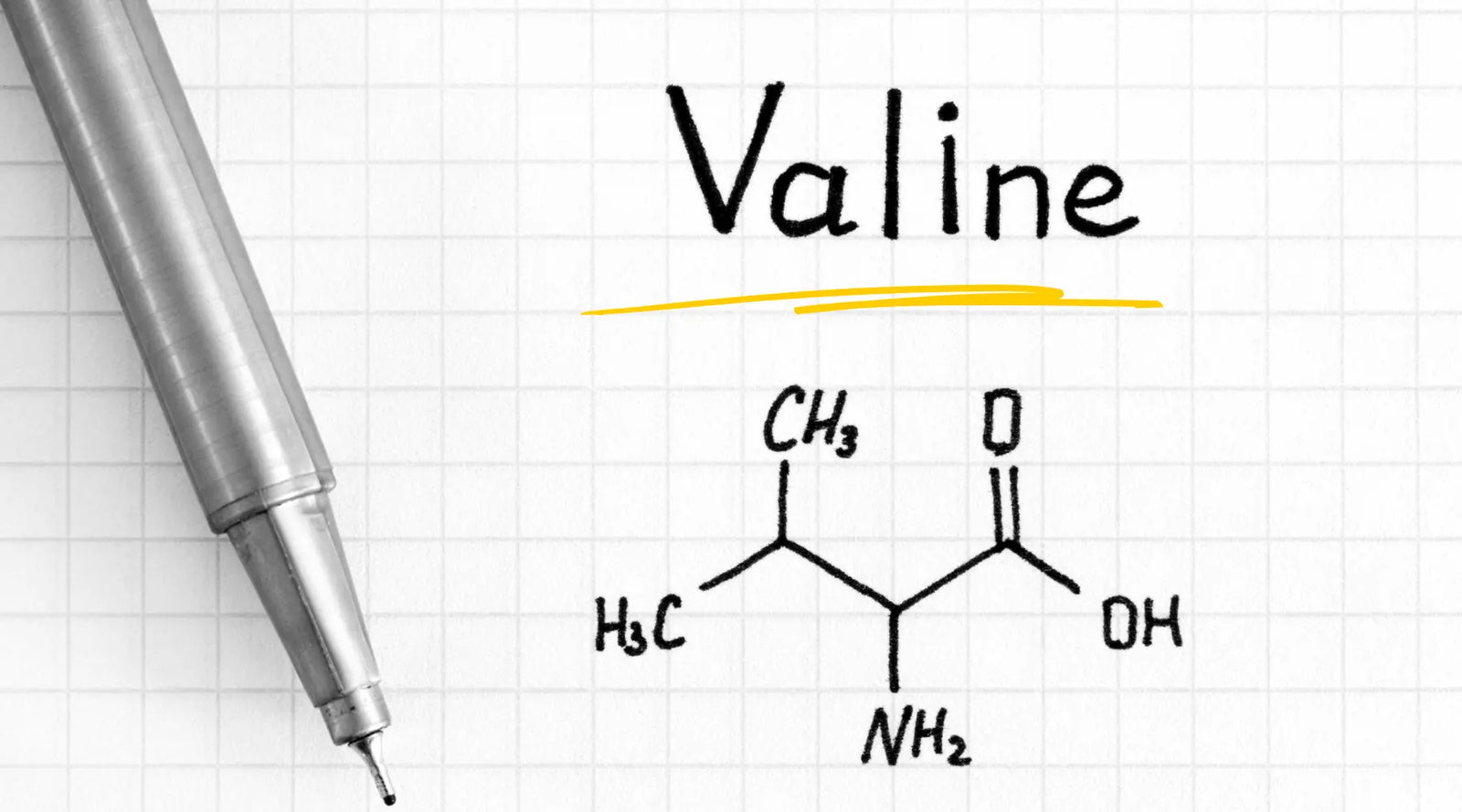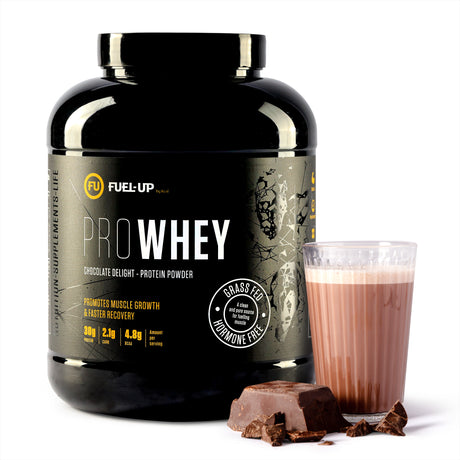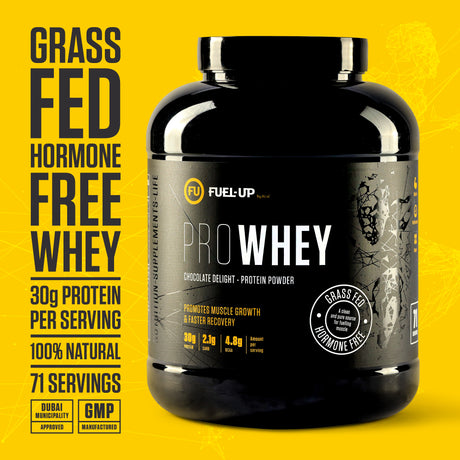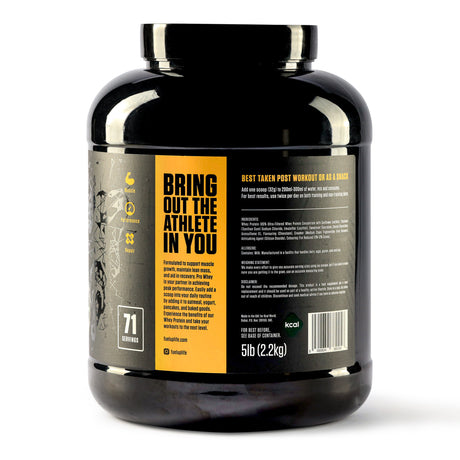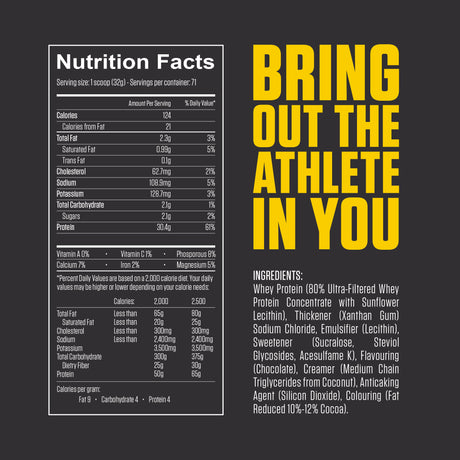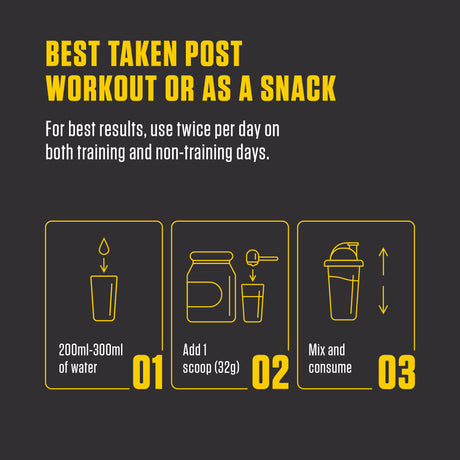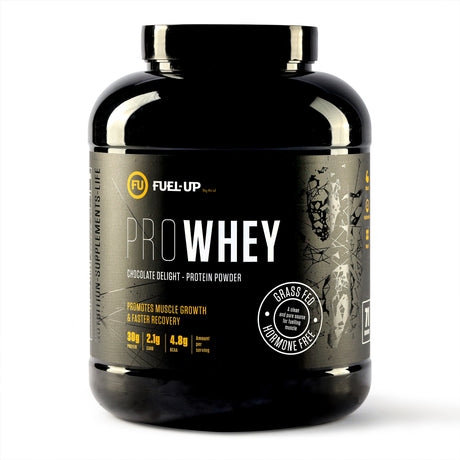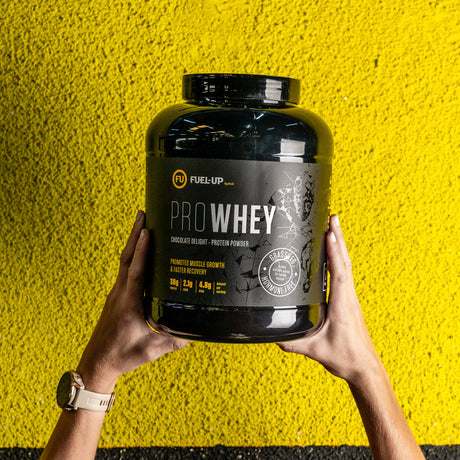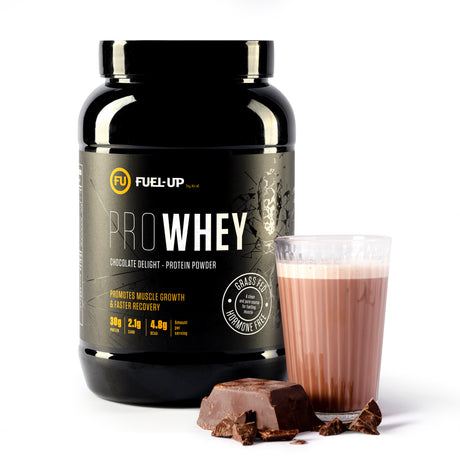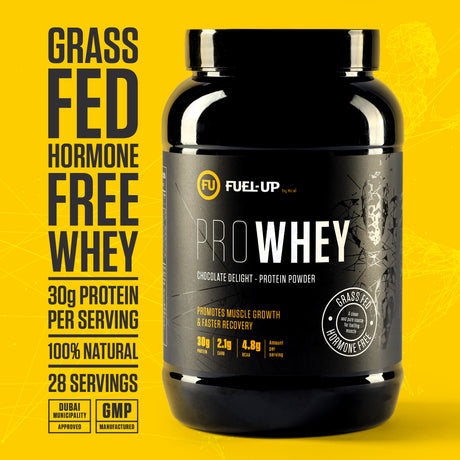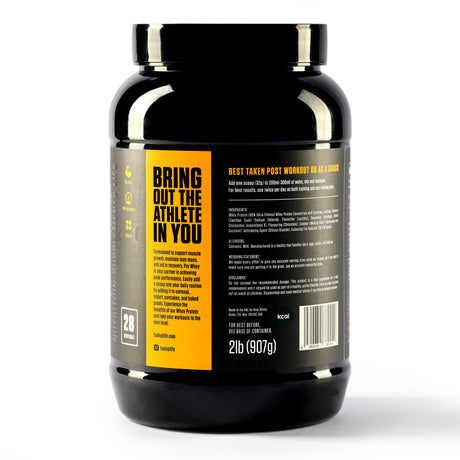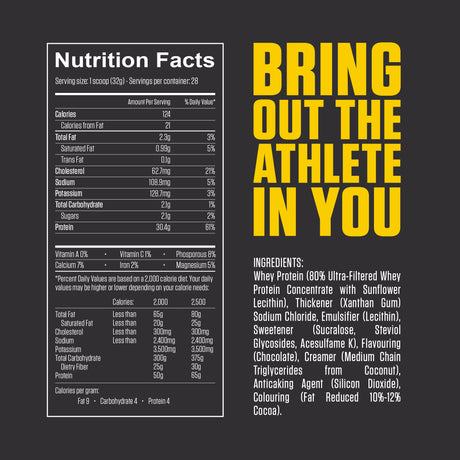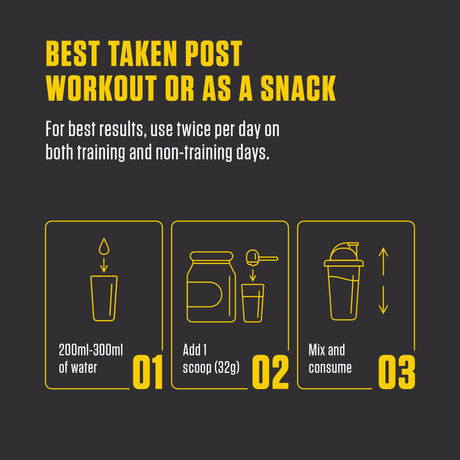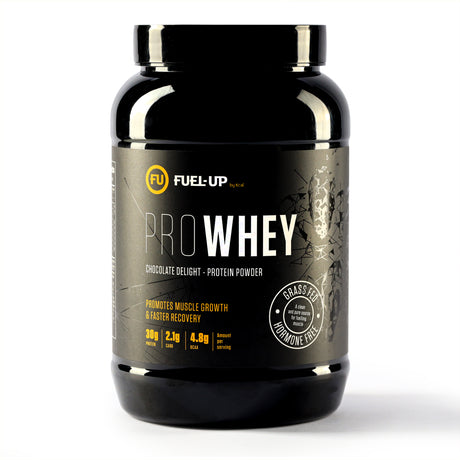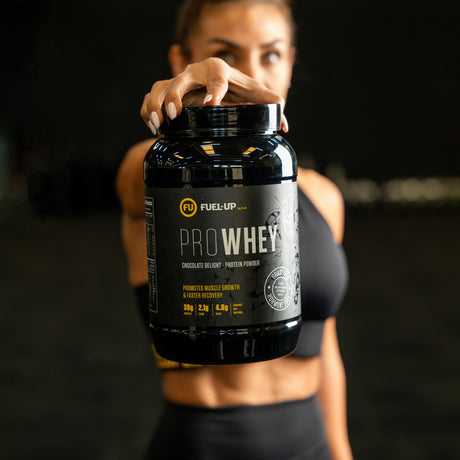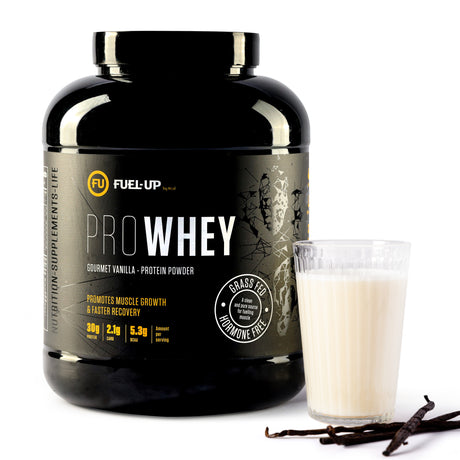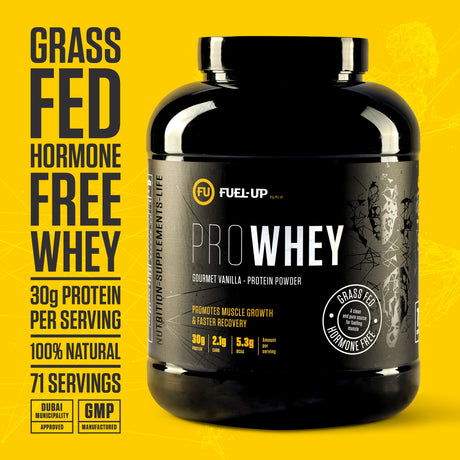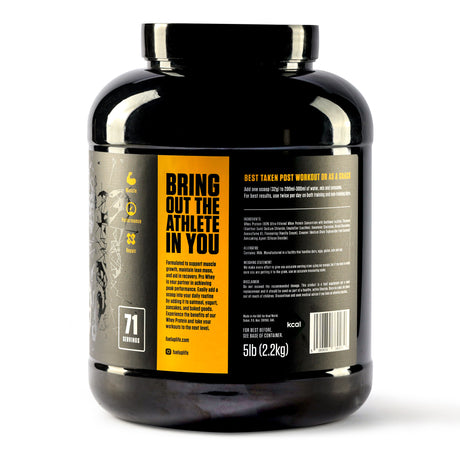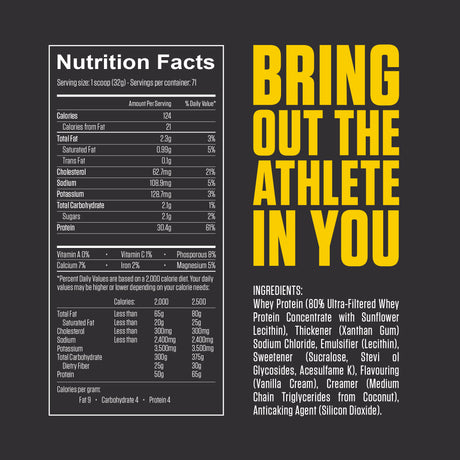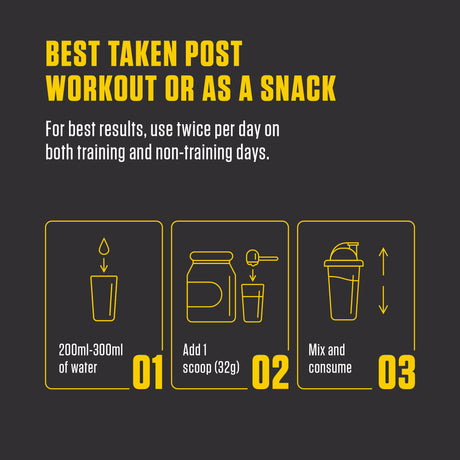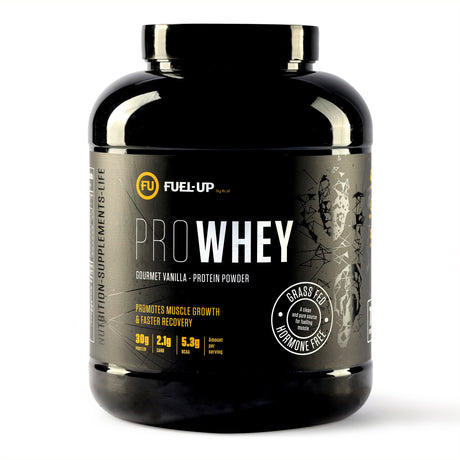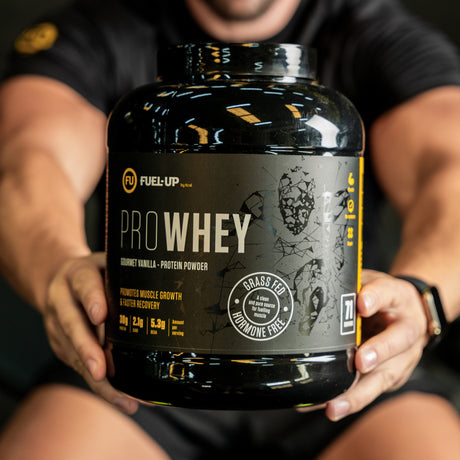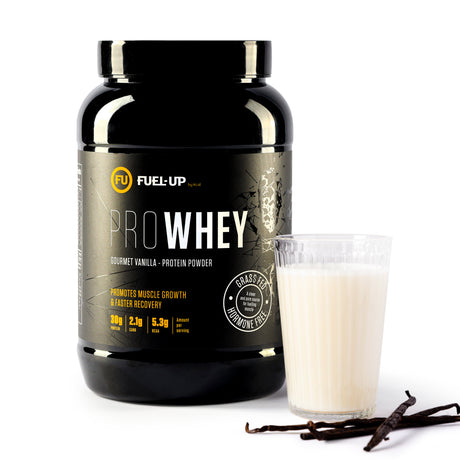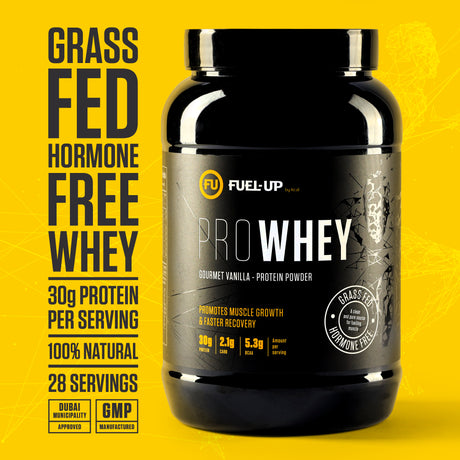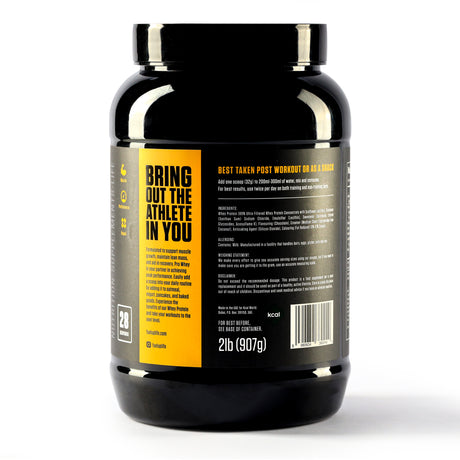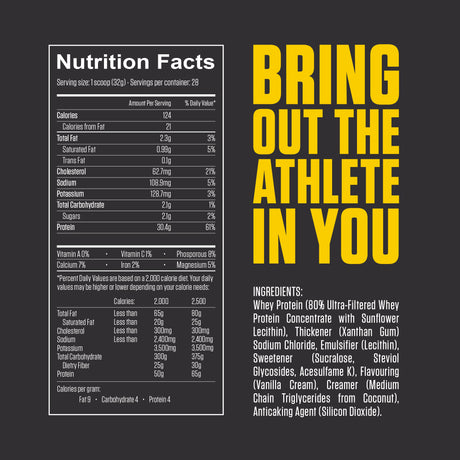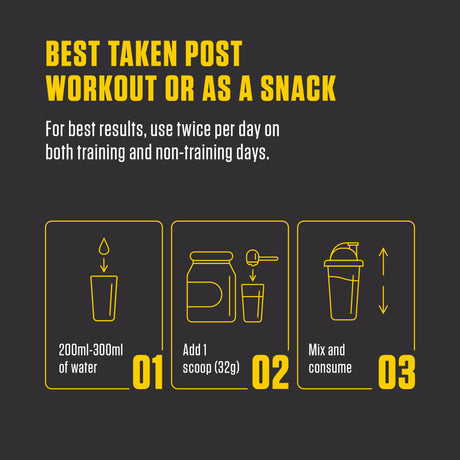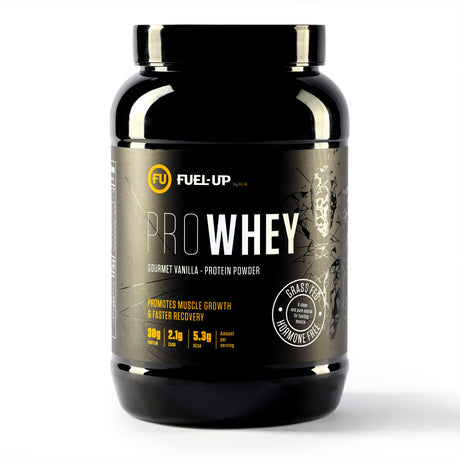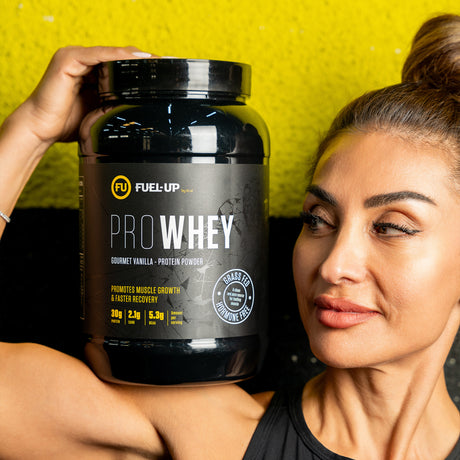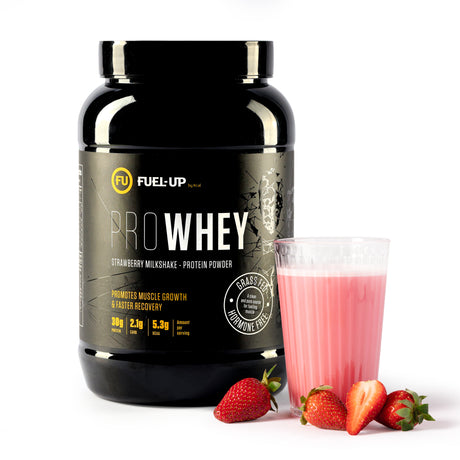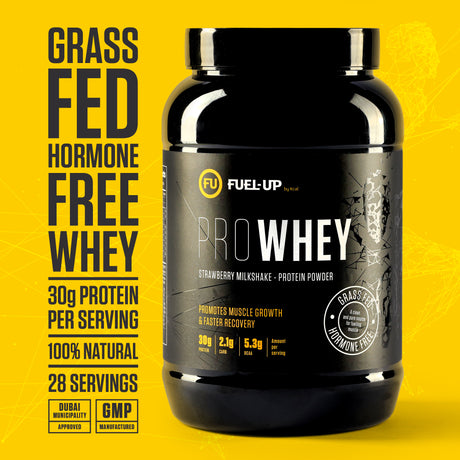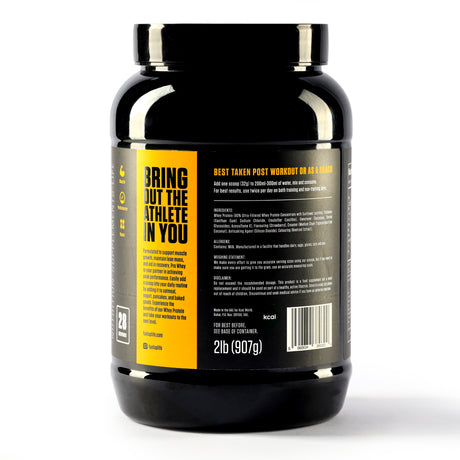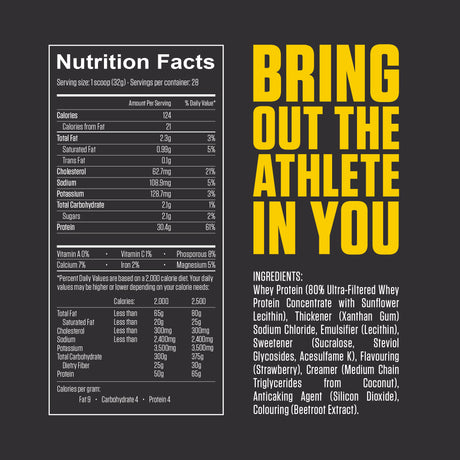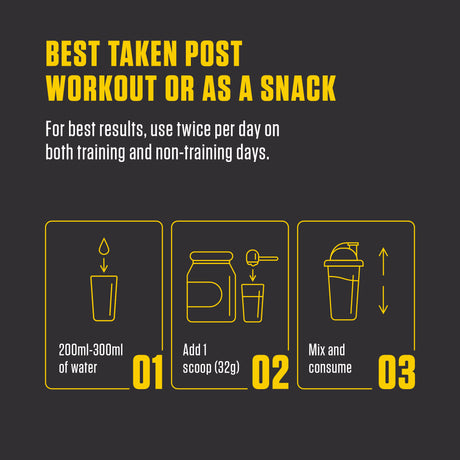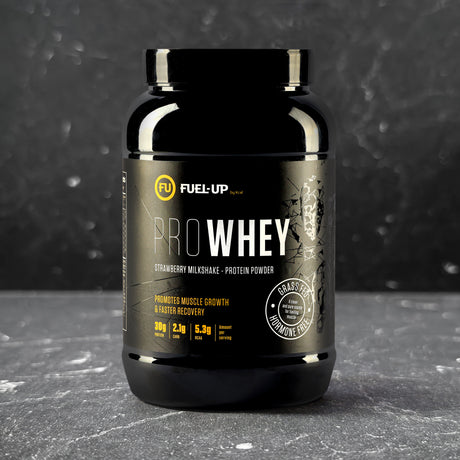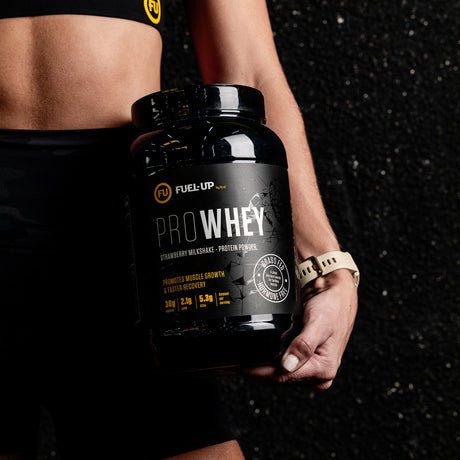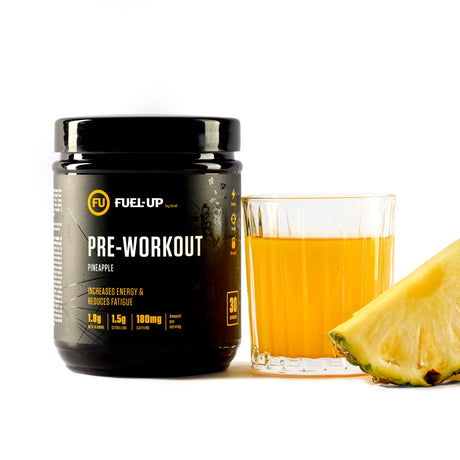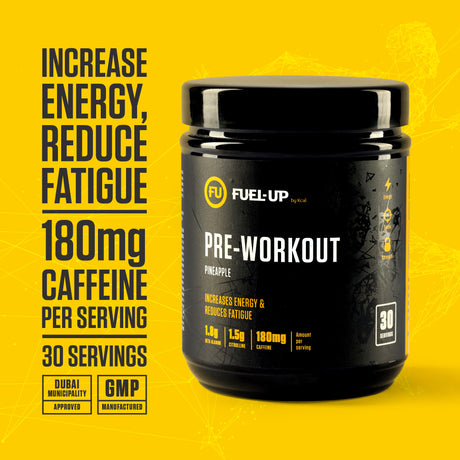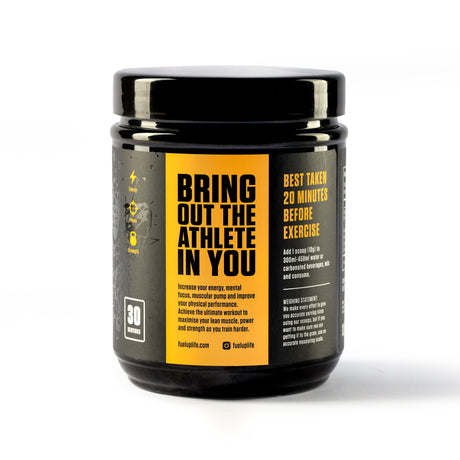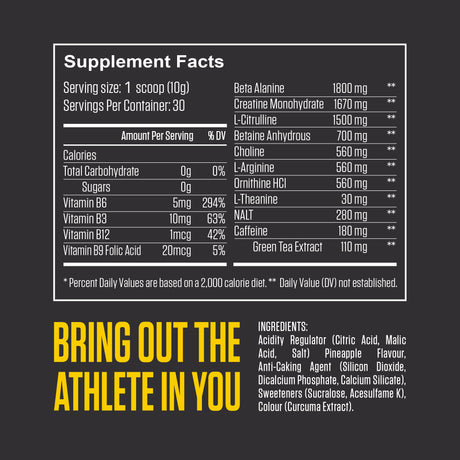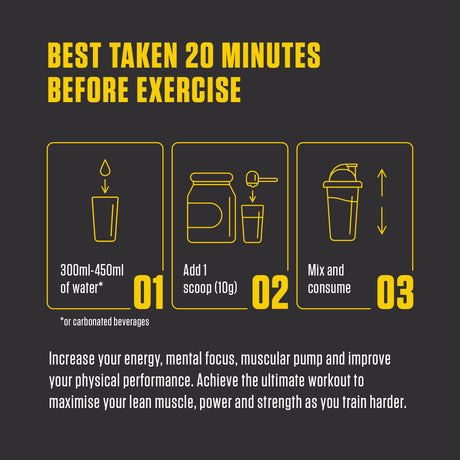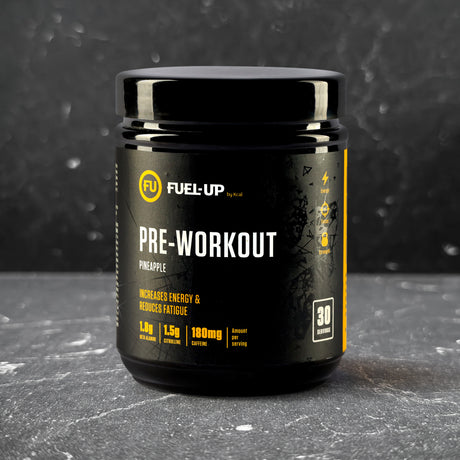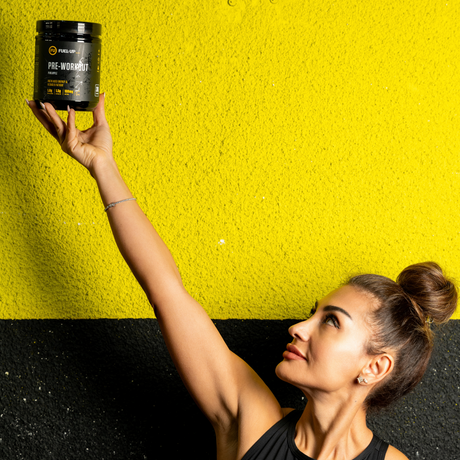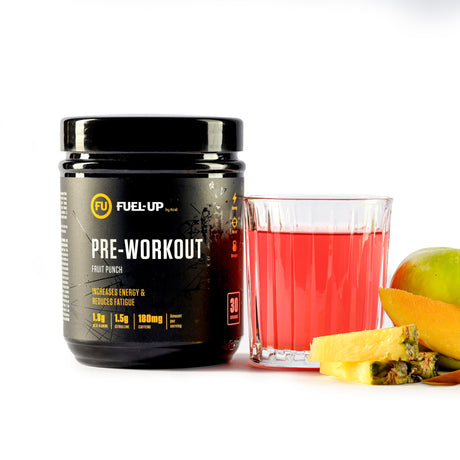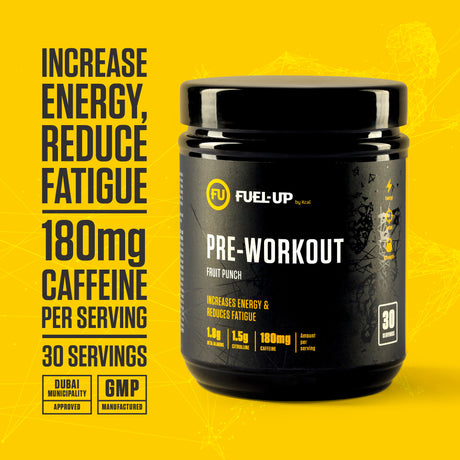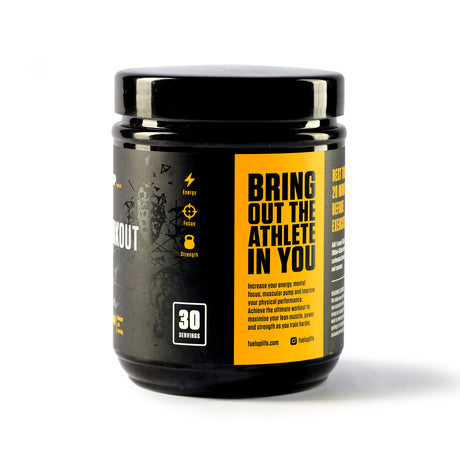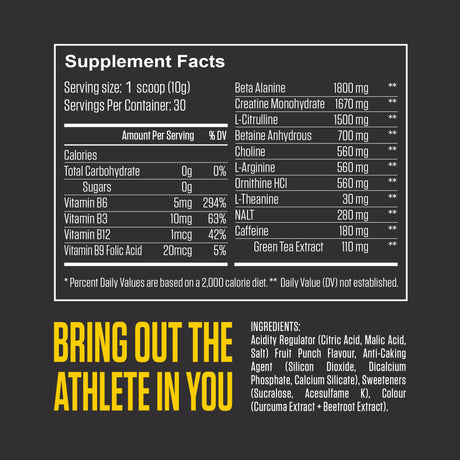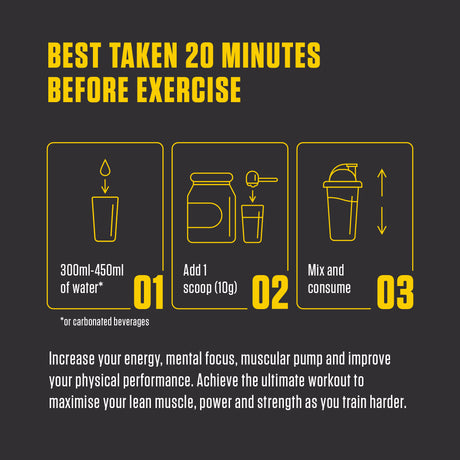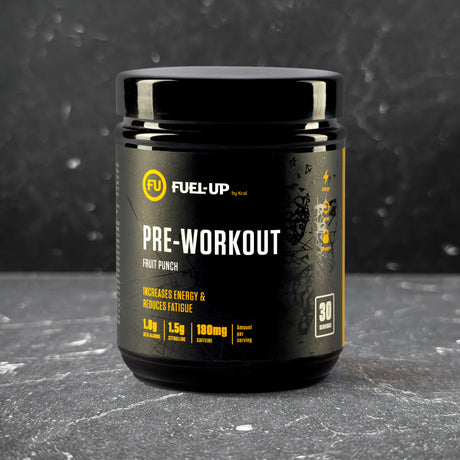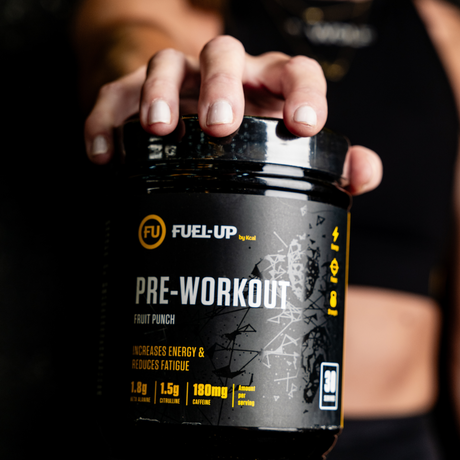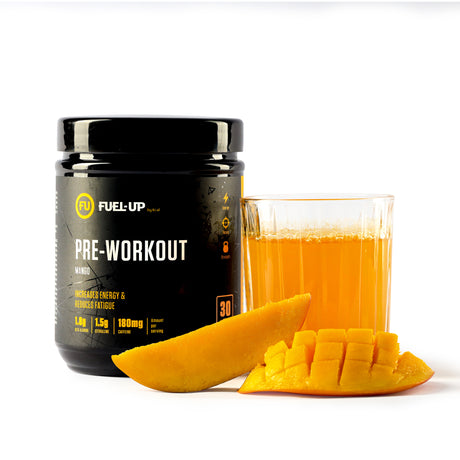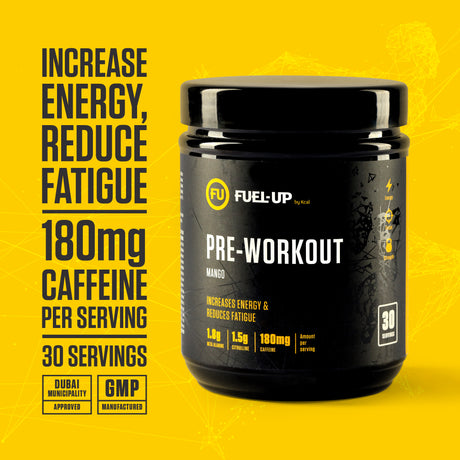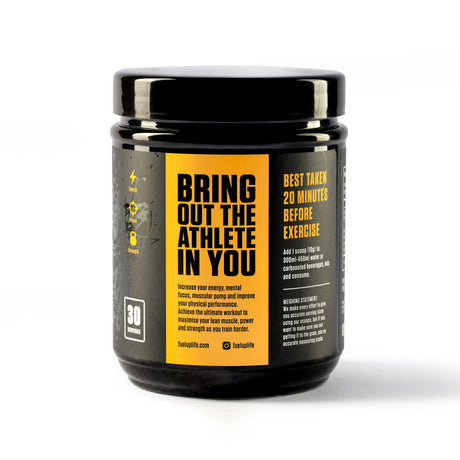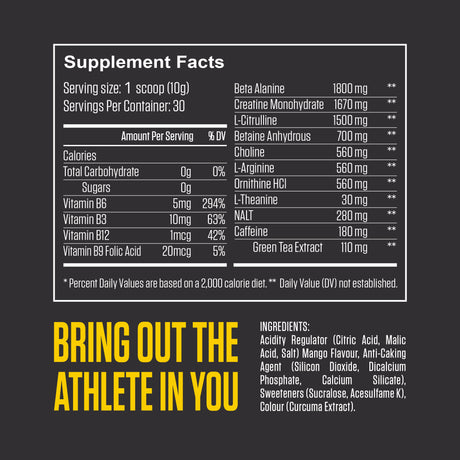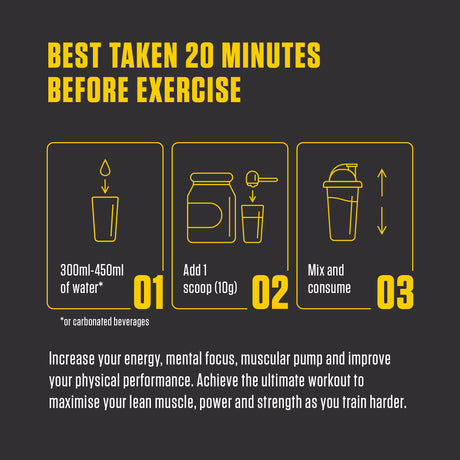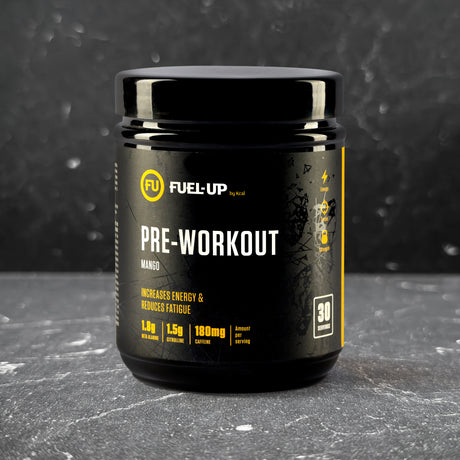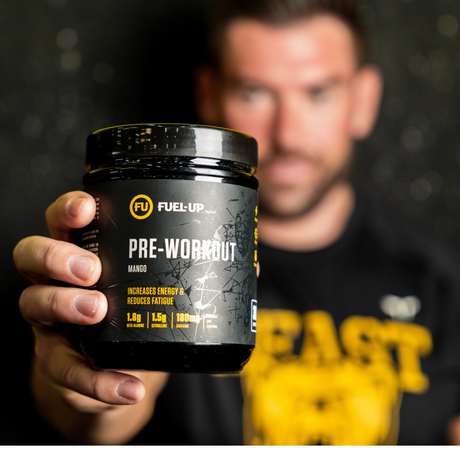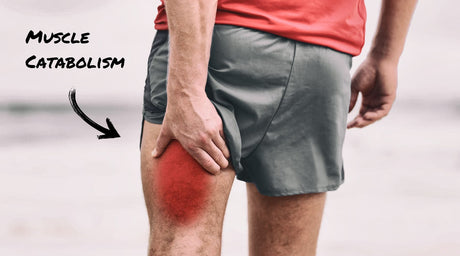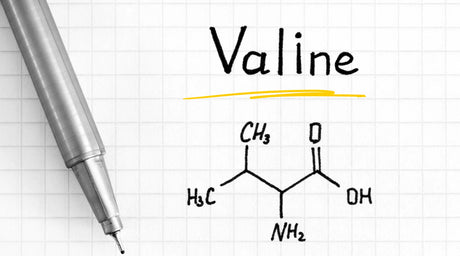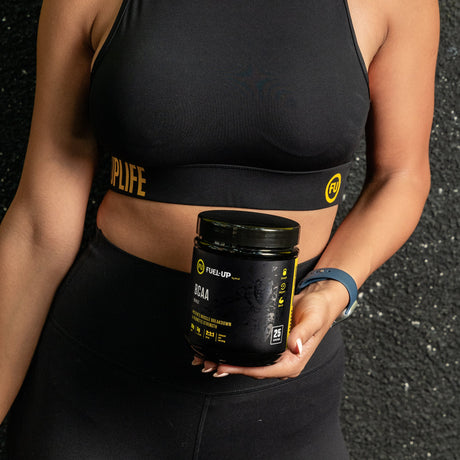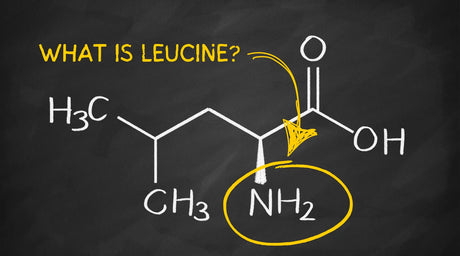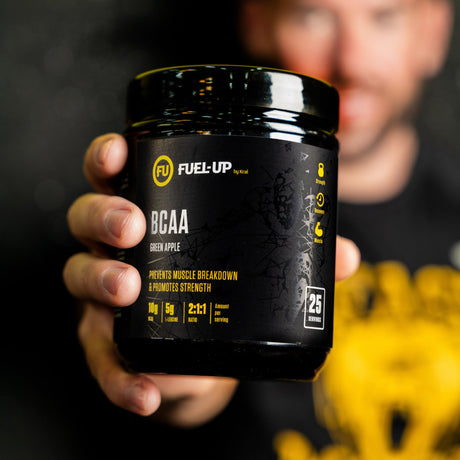Valine is one of the three branched-chain amino acids (BCAAs), along with leucine and isoleucine, and one of the nine essential amino acids. Since the body cannot produce valine on its own, it must be obtained through diet or supplementation. Valine plays a crucial role in muscle growth, tissue repair, and energy production, making it important for athletes and those engaged in regular physical activity.
Key Roles of Valine:
Promotes Muscle Growth and Tissue Repair
Valine helps stimulate muscle protein synthesis, which is vital for muscle growth and recovery after exercise. While leucine plays a more direct role in muscle synthesis, valine supports the overall process of muscle repair.
Energy Production
During exercise or periods of low energy (such as fasting), valine can be used by muscles as an alternative energy source. This helps maintain endurance and performance, particularly during long or intense physical activities.
Prevents Muscle Breakdown
Like the other BCAAs, valine helps prevent muscle catabolism (breakdown of muscle tissue), especially during intense exercise or times of caloric restriction, by providing an additional energy source for muscles.
Supports Mental Focus
Valine competes with tryptophan, an amino acid that leads to serotonin production in the brain, which can make you feel fatigued. By balancing tryptophan levels, valine may help maintain mental clarity and reduce the perception of fatigue during workouts.
Improves Muscle Coordination
Valine has been linked to improved muscle coordination and endurance, as it helps regulate the nitrogen balance in the body and assists with glucose uptake into muscle cells, which fuels activity.
Dietary Sources of Valine:
Valine is found in a wide variety of protein-rich foods, both animal and plant-based:
- Meat: Beef, chicken, pork, and other meats are rich in valine.
- Fish: Tuna, salmon, and other fish provide ample amounts of valine.
- Dairy: Milk, cheese, yogurt, and other dairy products are excellent sources.
- Eggs: A complete protein source that includes valine.
- Soy Products: Tofu, tempeh, and soy milk are high in valine.
- Legumes: Lentils, chickpeas, and beans contain valine.
- Nuts and Seeds: Almonds, sunflower seeds, and peanuts are great plant-based options.
- Whole Grains: Quinoa, oats, and other whole grains provide valine.
Valine is often included in BCAA supplements to support muscle recovery, reduce fatigue, and improve workout performance, especially when combined with leucine and isoleucine.
